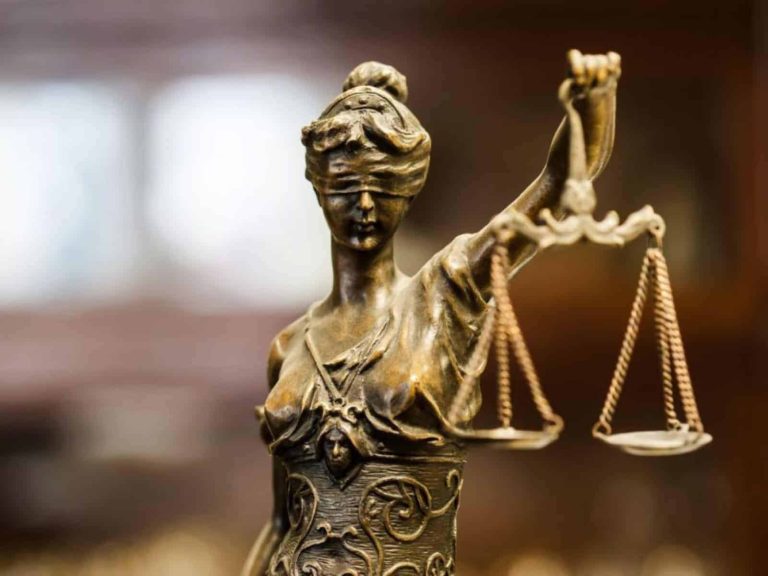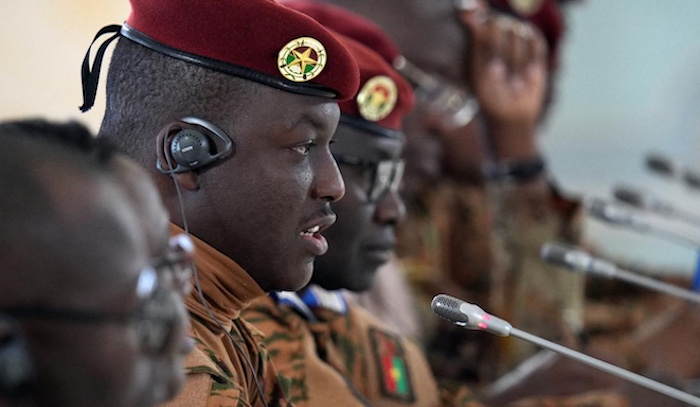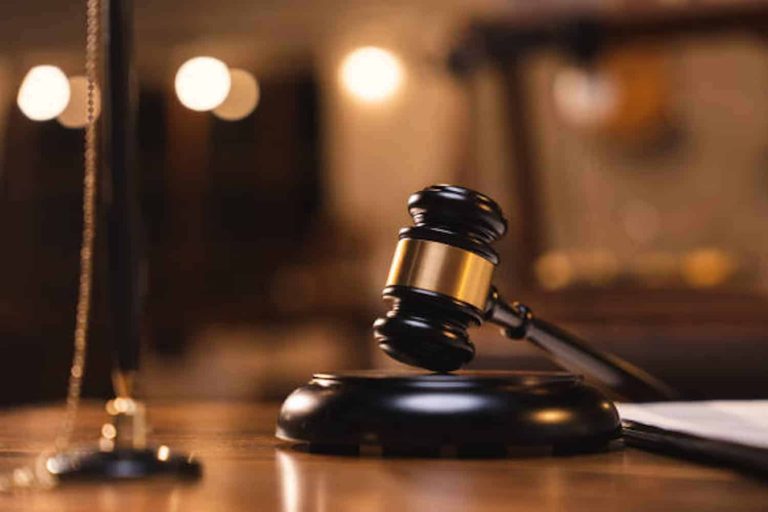
FILE PHOTO: People arrive and depart from Broadcasting House, the headquarters of the BBC, in London Britain July 2, 2015. REUTERS/Paul Hackett
The BBC has issued a formal apology to US President Donald Trump after acknowledging that a Panorama documentary included an edited sequence of his 6 January 2021 speech that created a misleading impression. However, the broadcaster has firmly rejected Trump’s demand for financial compensation, which his lawyers stated could reach $1bn (£759m) unless a full retraction and damages were provided.
In a statement published in its Corrections and Clarifications section, the BBC admitted that Panorama’s edit “unintentionally created the impression” that Trump had delivered a continuous call to action that implied direct encouragement of violence. The corporation said the programme would not be rebroadcast and expressed regret for the error.
The controversy prompted the resignations of BBC director general Tim Davie and head of news Deborah Turness, who stepped down on Sunday as pressure mounted over editorial standards and oversight. A BBC spokesperson confirmed that the broadcaster had responded in writing to Trump’s legal team and that BBC chair Samir Shah had sent a personal letter to the White House conveying the corporation’s apology.
Despite apologising for the edit, the BBC insisted there was no legal basis for a defamation claim. It argued that the documentary was only available in the UK, that the edited excerpt represented 12 seconds of an hour-long programme containing multiple perspectives, and that the segment was shortened for clarity rather than designed to mislead. The BBC also noted that Trump had subsequently been re-elected, which it said undermined any claim of reputational harm.
The original speech included Trump telling supporters, “We’re going to walk down to the Capitol and we’re going to cheer on our brave senators and congressmen and women,” followed more than 50 minutes later by the separate line, “And we fight. We fight like hell.” Panorama’s edit placed those phrases next to each other, making it appear as a single continuous passage.
Trump, speaking to Fox News, said the edit had “butchered” his remarks and “defrauded” viewers. His lawyers demanded a retraction, an apology, and compensation for the alleged damage caused.
The scandal deepened after the Daily Telegraph revealed a second instance of a similar edit, broadcast on Newsnight in 2022. In that programme, Trump was shown delivering several lines from different parts of the same speech as though they were consecutive, followed by presenter commentary suggesting the remarks were connected to the violence that unfolded at the Capitol. Former White House chief of staff Mick Mulvaney, appearing on the broadcast at the time, warned that the clip appeared “spliced together.”
The BBC acknowledged the second allegation and said it was reviewing the matter, reiterating that it holds itself to “the highest editorial standards.” Trump’s legal team claimed the new revelations demonstrated a “pattern of defamation.”
The political fallout broadened as Liberal Democrats leader Sir Ed Davey called on the UK prime minister to intervene diplomatically, urging Downing Street to “defend the impartiality and independence of the BBC.”
Concerns about the Panorama documentary intensified after a leaked internal memo, written by a former adviser to the BBC’s editorial standards committee, criticised multiple areas of BBC journalism, including the handling of trans issues and BBC Arabic’s reporting on the Israel–Gaza conflict. The Department for Culture, Media and Sport declined to comment.
As the BBC faces both legal threats and scrutiny of its editorial processes, the corporation maintains that the errors were unintentional and that its reporting, while flawed in these instances, does not meet the threshold for defamation under US law.
Erizia Rubyjeana



